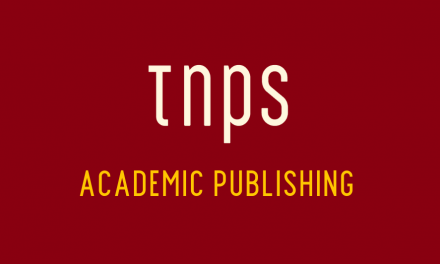For fiction writers, this opens up huge new areas of fictional speculation and storytelling, and savvy authors will be wanting to know more and do more, not hide behind the Luddite Fringe’s efforts to keep publishing in twentieth century chains.
Sharing, with revised language for an adult audience, a learning session I shared this week with my Grade 3 students here in The Gambia.
They’ve been learning about Pompeii and volcanoes as an extension of their study of Antony & Cleopatra, much to the consternation of the education gatekeepers here that believe children should never be taught anything outside the national curriculum, and certainly have no business knowing about AI and 3D x-ray imaging.
The eruption of Mount Vesuvius in 79 AD buried the Roman towns of Pompeii and Herculaneum under ash and pumice. Among the ruins, a library filled with ancient scrolls was discovered. These scrolls were carbonised by the volcanic heat, turning them into fragile, blackened lumps. For centuries, their secrets remained locked away — until now.
The Breakthrough
Using a combination of 3D x-ray imaging and AI, researchers have digitally “unrolled” these scrolls, revealing text that hasn’t been read in nearly two millennia. One such scroll, known as PHerc. 172, is housed at the University of Oxford’s Bodleian Libraries.
Advanced Technology
Researchers used the Diamond Light Source in Oxford to scan the scroll. This facility accelerates electrons to nearly the speed of light, producing powerful x-rays that can probe the scroll’s interior without damaging it. The x-rays created a 3D reconstruction, allowing researchers to identify and digitally separate the layers of the scroll.
AI’s Role
The real challenge lay in detecting the ink, as both the papyrus and the ink are made of carbon. AI played a critical role by scanning for the faintest traces of ink and digitally highlighting the letters. This process revealed the Greek word διατροπή, meaning “disgust,” repeated twice within a few columns.
Why Greek?
The scrolls were written in ancient Greek because Greek was the preferred language of scholarly writing at the time. Many educated Romans used Greek to write about philosophy, science, and literature, similar to how Latin became the dominant scholarly language in later periods.
Implications for Publishing
This discovery demonstrates that AI is not so much a threat to civilisation as an invaluable tool for unlocking human potential and human history, that the publishing industry can seize upon and take full advantage of.
For fiction writers, this opens up huge new areas of fictional speculation and storytelling, and savvy authors will be wanting to know more and do more, not hide behind the Luddite Fringe’s efforts to keep publishing in twentieth century chains.
This post first appeared in the TNPS LinkedIn newsfeed.





